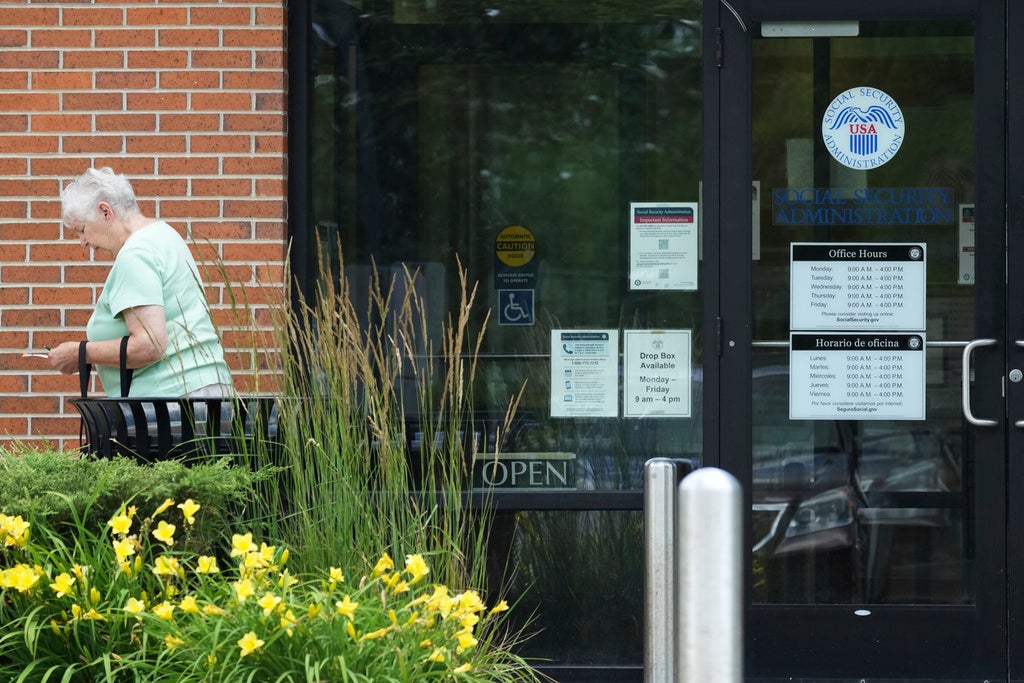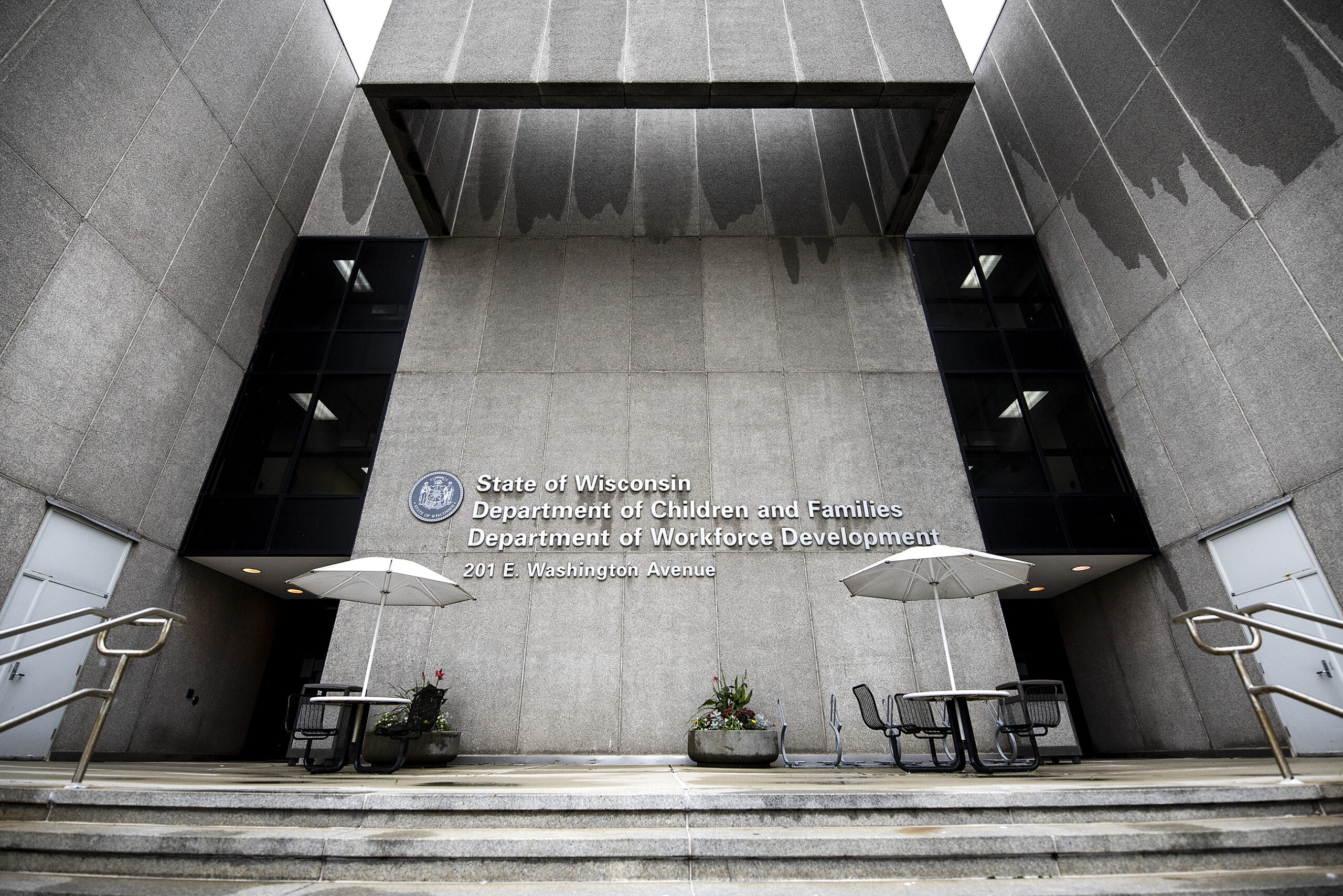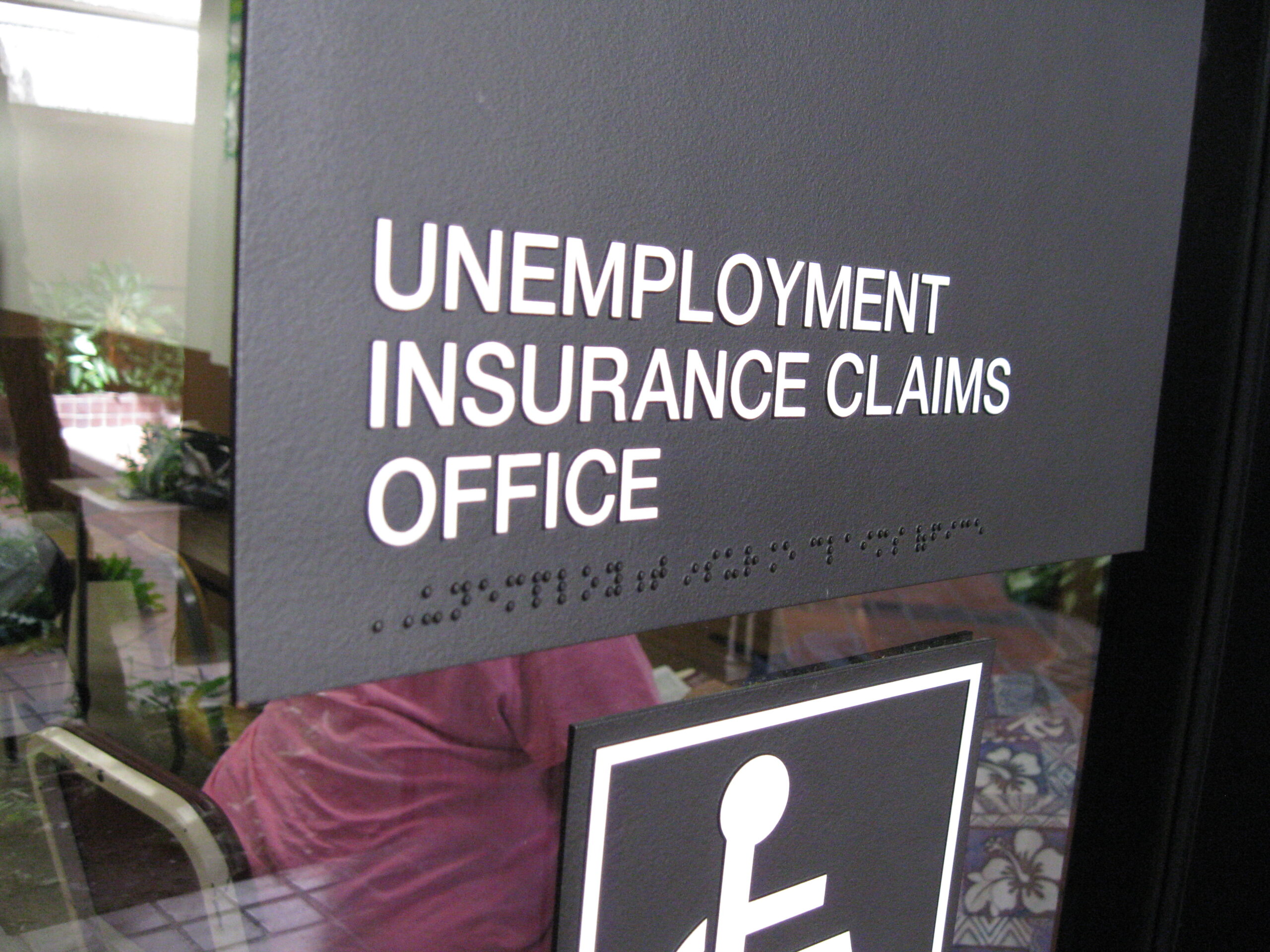The Trump administration’s staffing cuts and policy changes for the Social Security Administration is creating uncertainty and confusion for those trying to navigate the system.
University of Wisconsin-Madison public affairs and human ecology professor J. Michael Collins researches Social Security and is having trouble keeping up himself.
“It definitely is difficult for any of us to know what’s going on,” Collins told WPR’s “Wisconsin Today.” “We’re hearing ideas that are put forward then pulled back. We’re hearing rumors from staff. We’re hearing just all kinds of chaos.”
News with a little more humanity
WPR’s “Wisconsin Today” newsletter keeps you connected to the state you love without feeling overwhelmed. No paywall. No agenda. No corporate filter.
Collins is the director of the UW Retirement and Disability Research Center, part of a nationwide research consortium that was funded by the Social Security Administration until that money was cut in February.
He spoke to “Wisconsin Today” about what affects the SSA changes are having for beneficiaries and what the future of the program could look like.
The following was edited for clarity and brevity.
Rob Ferrett: Social Security dealt with understaffing and backlogs before the Trump administration. How are we seeing those issues impacted by the latest changes?
JMC: It’s been an ongoing story, probably the last five years, that Social Security has not been able to staff up their field offices and central staff to meet the demands of people making claims. So, that has not changed one bit. We’ve seen a lot of retirements — a lot of people with great experience leaving the organization — and not a lot of replacement of those staff. We’re in a position now where that capacity is even more constrained.
RF: Are we seeing people who receive Social Security being affected by this?
JMC: I think we are. Part of the problem is that we won’t see it. We won’t hear about it. We’ll just know that people aren’t getting benefits. We’ve seen studies in the past where, when they’ve closed offices, it reduces the ability of people to come and get things fixed. As a result, they don’t get their payments or they have a claim denied and they never follow up on it. That hurts the most vulnerable people: the oldest, the people with disabilities, those kinds of people.
RF: How big of a concern is widespread fraud or waste in Social Security distribution?
JMC: It’s such a small concern. These fraud accusations have existed for a long time. There have been lots of investigations of this. There are many safeguards in place. So an example is these so-called vampires receiving payments at 150 years old. It’s impossible. There’s no formula that allows for that to happen. These people are still on the records, but they’re not getting payments. The rate of fraud is such a fraction of 1 percent that I think those concerns have been overblown.
RF: The Social Security Administration cut funding for your Retirement and Disability Research Center at UW-Madison. What kind of impact was that research having?
JMC: Wisconsin was one of the six national centers that did research at the request of the Social Security Administration. So Social Security would come to us and say, “We’d like a study on X, Y and Z.” So this year, we had studies on, for example, multi-generational families, so grandparents who are receiving payments that are supporting grandkids.
They vary from helping them design their programs better, to being able to do better outreach and communications, as well as the actuary’s office. So the actuary at Social Security has to do projections over what demands are going to be for the next 75 years for services, and so it helps them to think about what those projections look like.
RF: What are some of the biggest open questions you have right now as we try to sort out where this is all going to fall?
JMC: I start with the most vulnerable: people who are on SSI supplemental insurance. These are oftentimes people born with disabilities, or kids with disabilities who are very low income and have the least ability to navigate online systems to manage their claims or their payments. Many of these people are just going to get left behind.
Wisconsin Public Radio, © Copyright 2025, Board of Regents of the University of Wisconsin System and Wisconsin Educational Communications Board.






